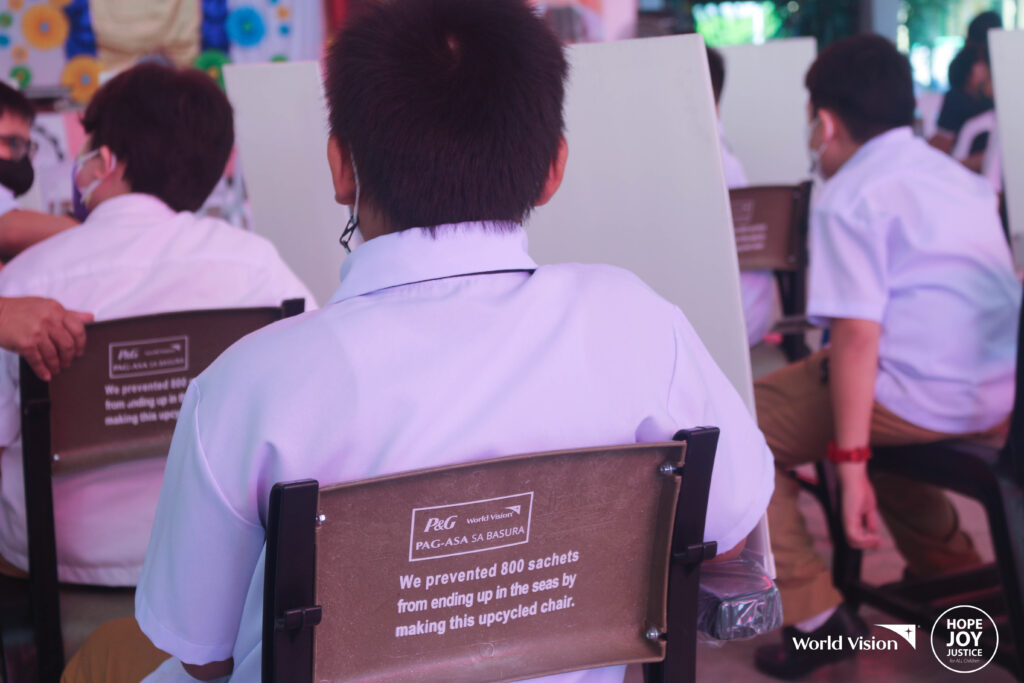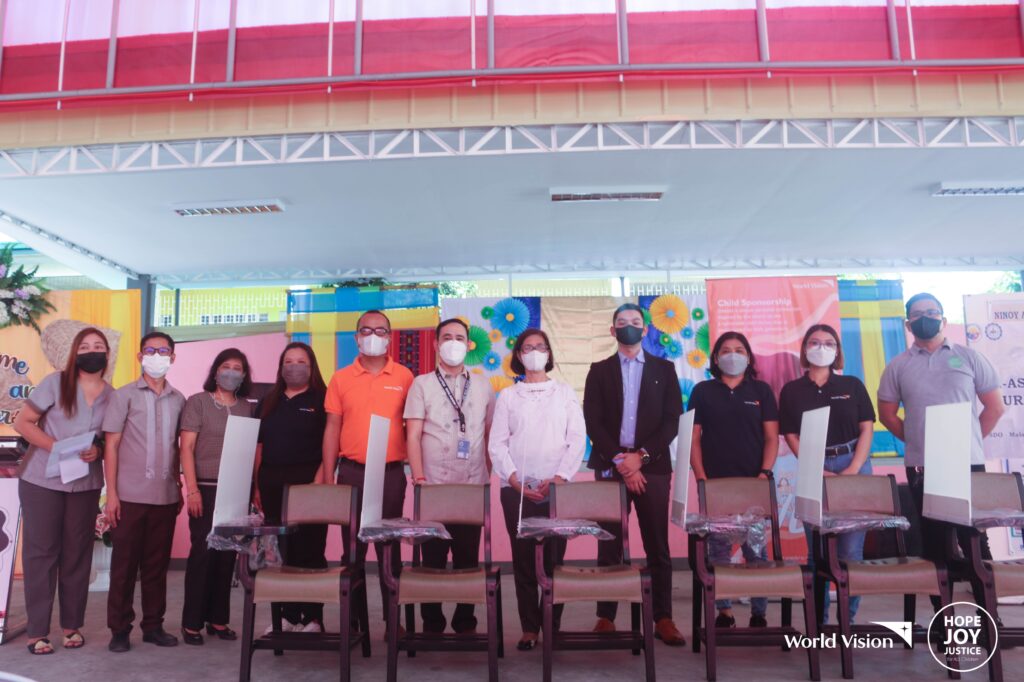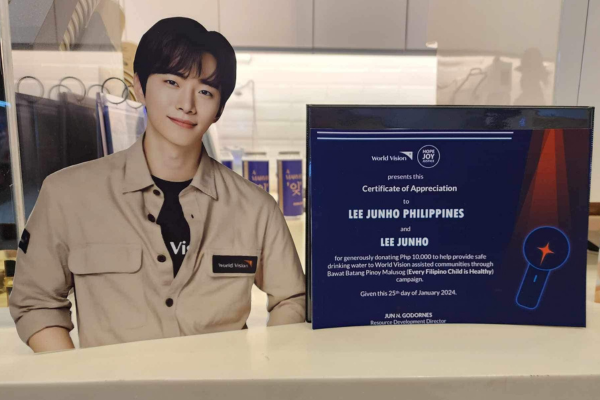Education key to successful practice of proper solid waste management
The key to practice proper solid waste management to the next generation is through education, an educator said.

“I’ve been a science teacher for a number of years, and one of the topics that I was most passionate about teaching to students was environmental awareness,” says Dr. Marissa Cristobal, principal in an Elementary School in Malabon.
Now that she is a school head, Cristobal adds that she is proud that this topic still being taught in her school as part of their science class curriculum.
“Thanks to this topic being taught in their science class, it’s one way you can instill in these kids how to segregate, therefore they will understand why caring for their environment is important. Apart from the classes that we have here in school, I’m glad that the kids are practicing segregation through the Pag-Asa sa Basura (Hope in a Garbage) campaign,” Cristobal stresses.
The Pag-Asa sa Basura campaign, which is a partnership campaign between World Vision and Procter and Gamble (P&G) Philippines, encourages school children and their families to donate sachets to be upcycled to school chairs.
Last October 12, World Vision and P&G Philippines turned over some 1,500 chairs to be divided and used by the 26 participating schools.

“P&G Philippines aspires to be a force for good and a force for growth, and one of our citizenship priorities is environmental sustainability. Through Pag-asa sa Basura project in partnership with World Vision Philippines, we were able to help boost plastic waste recovery and circular solutions in the country, especially for single-use sachet packaging,” P&G Communications Manager King Martin Agoncillo said.
“Alongside with plastic waste recovery and recycling, the Pag-asa sa Basura project educates students, teachers, and parents on the fundamentals of proper solid waste management – empowering the communities affected by poor waste management by learning the importance of recycling as a resource to create a meaningful impact,” he adds.
Chifadel Mabolo, World Vision Program Manager, meanwhile, highlights that while parents have the responsibility of raising their children right, the Pag-Asa sa Basura program was somehow a reversal of roles.
“In this program, [the children] had a big contribution in this because it became a way to encourage their family and community as well how to segregate. In turn, their contribution would be beneficial for them as these school chairs are a reminder of what they have donated, at the same time they have contributed in caring for the environment,” Mabolo says.








